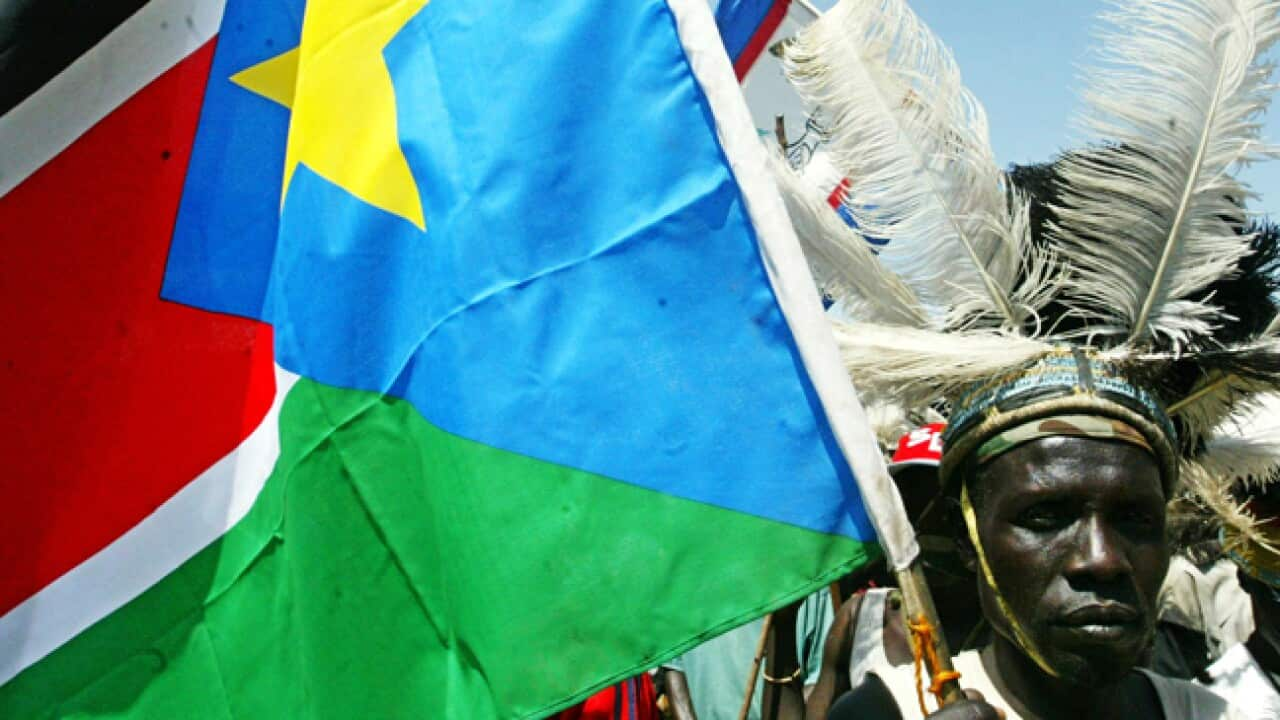Key events in the brief and turbulent history of South Sudan, which became independent from the rest of Sudan a year ago on July 9.
July 9, 2011: South Sudan proclaims full independence after two decades of civil war in which some two million people died. Its capital is Juba, and Salva Kiir is sworn in as its first president.
The new state, which is landlocked, takes with it the bulk of Sudan's oil resources, but it remains dependent on the Sudanese government in Khartoum for the infrastructure needed to export them.
Despite the peace deal which led to the split into two separate nations, major issues remain to be resolved, including oil transit fees and several border disputes.
November 5, 2011: The Sudanese government in Khartoum lodges a complaint with the UN Security Council over South Sudan's alleged support for rebels in its states of South Kordofan and Blue Nile, which border the South. The latter denies it is backing the rebels.
January 13, 2012: South Sudan signs its first oil export contracts, with Chinese, Indian and Malaysian companies. But a week later, amid a continuing row with Khartoum over transit fees, it orders the shutdown of oil production.
March 26-27, 2012: Fierce clashes erupt in the oil-rich Heglig border region, with each side accusing the other of having started the fighting.
Sudan's President Omar al-Bashir cancels an April summit with Kiir.
April 10-12, 2012: South Sudan seizes Heglig, which supplies around half of Sudan's oil production, an important part of its struggling economy. Sudanese war planes bomb Bentiu, capital of the South's Unity state.
April 20, 2012: Under heavy international pressure, South Sudan withdraws from Heglig and later announces it will pull its forces out of the contested Abyei region.
April 28, 2012: South Sudan says its armed forces have repulsed an attack by rebels, who it says are backed by Khartoum. High tensions remain.
May 2, 2012: A United Nations Security Council resolution demands the two neighbours pull back their forces from the border and cease all hostilities. It gives them until August 2 to settle their differences or face sanctions.
May 9, 2012: South Sudan says it has complied with the UN demand to pull back its forces. Khartoum says it will only withdraw troops from the region once an agreement has been reached on the border.
June 22, 2012: Direct talks between the two Sudans resume in Addis Ababa, seat of the African Union. A key aim is to set up a demilitarised buffer zone along their joint border.
June 28, 2012: The Addis Ababa talks are adjourned with little progress made, save for an agreement to meet again on July 5.
The United Nations says hundreds of thousands of people are trapped in the conflict zones between the two states. Many are in a "desperate state" says the UN emergency relief coordinator, Valerie Amos.
Share

